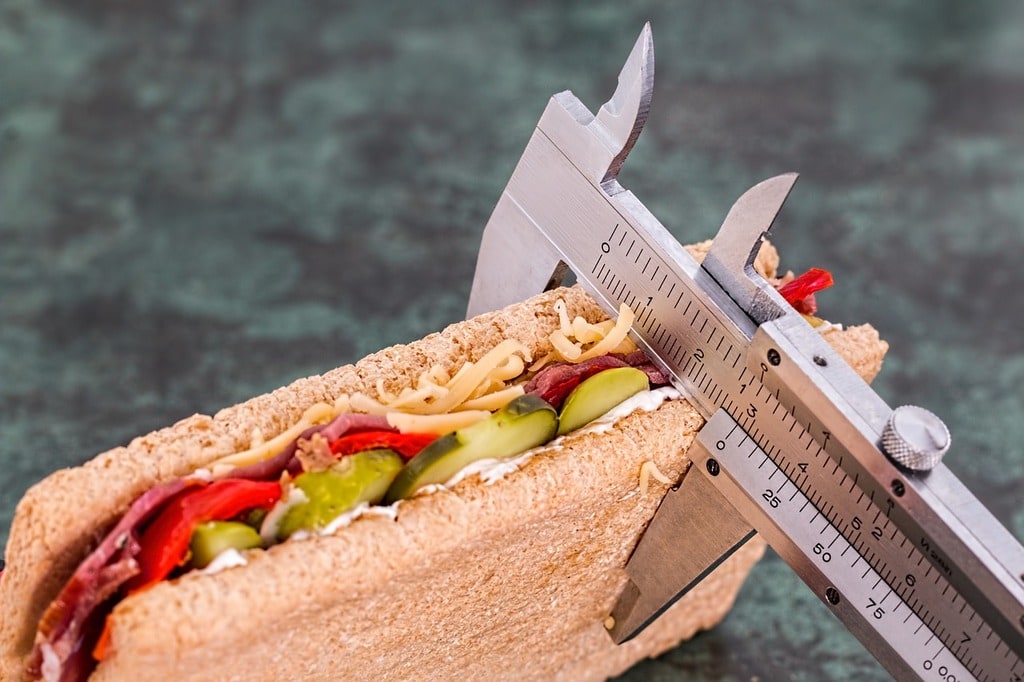Finding time to prepare nutritious meals can be a challenge for individuals with busy lifestyles. Balancing work, family, and personal responsibilities often leaves little room for cooking healthy meals. However, maintaining a nutritious diet is essential for energy, focus, and overall well-being. Here are some strategies and meal plans designed to fit into hectic schedules.
Nutritious meal plans for a busy lifestyle
One of the key elements of creating a nutritious meal plan for a busy lifestyle is planning ahead. By dedicating some time each week to plan meals, grocery shop, and prep ingredients, it becomes much easier to stick to a healthy diet. Meal prepping can be a game-changer, allowing for quick assembly of meals throughout the week.
Efficient grocery shopping
Streamlining grocery shopping is another critical aspect. Creating a detailed grocery list not only saves time but also ensures that only the necessary items are purchased. Focus on whole foods such as fruits, vegetables, lean proteins, and whole grains. These items can be used in various combinations to create balanced meals.
During your shopping trip, opt for pre-washed and pre-cut vegetables, and consider frozen options for both fruits and vegetables. They are often just as nutritious as fresh ones and have a longer shelf life. This minimizes waste and ensures you always have healthy options on hand.

Meal prep and batch cooking
Meal prepping and batch cooking are incredibly effective for busy individuals. Spend a few hours on a designated day to prepare several meals that can be stored in the fridge or freezer. This way, you can quickly reheat meals without compromising on nutrition.
Here are a few tips for successful meal prepping:
- Cook in bulk: prepare large quantities of staples like rice, quinoa, or roasted vegetables. These can be used as a base for multiple meals.
- Invest in quality containers: use airtight containers to store prepped meals. This helps in maintaining freshness and makes it easy to grab meals on the go.
- Label and date: clearly label containers with the contents and date. This helps in keeping track of what needs to be consumed first.
Simple and nutritious recipes
For those with limited time, simple recipes that require minimal ingredients and effort are ideal. Here are some examples of easy, nutritious meals:
- Overnight oats: mix rolled oats with milk or a milk alternative, and add your favorite toppings such as fruits, nuts, and seeds. Let it sit in the fridge overnight for a ready-to-eat breakfast.
- Stir-fries: use a mix of colorful vegetables and a protein source like tofu, chicken, or shrimp. Cook everything in a single pan with a simple sauce made from soy sauce, ginger, and garlic.
- Sheet pan meals: place protein and vegetables on a baking sheet, season with herbs and spices, and roast in the oven. This one-pan method saves time on both cooking and cleaning.
Balancing macronutrients
To ensure meals are balanced, it is important to include a mix of carbohydrates, proteins, and fats. This helps in keeping energy levels stable and promotes overall health. Carbohydrates should come from whole grains and vegetables, proteins from sources like beans, lentils, eggs, and lean meats, and fats from nuts, seeds, and healthy oils.
Here’s a simple way to balance your plate:
- Fill half your plate with vegetables: they provide essential vitamins, minerals, and fiber.
- Include a quarter of lean protein: this helps in muscle repair and maintenance.
- Add a quarter of whole grains or starchy vegetables: they offer sustained energy.
- Incorporate healthy fats: use olive oil for cooking, or add avocado slices to your meals.
Snacking smart
Having healthy snacks available is also crucial for maintaining a nutritious diet. Choose snacks that combine protein and fiber to keep you full between meals. Some easy and healthy snack ideas include:
- Greek yogurt with berries
- Hummus with carrot sticks
- Apple slices with almond butter
- A handful of mixed nuts
Hydration and its importance
Staying hydrated is often overlooked but is essential for maintaining energy and focus. Aim to drink at least 8 cups of water a day. Carrying a reusable water bottle can serve as a reminder to drink throughout the day. Herbal teas and infused water with fruits and herbs are great alternatives if plain water becomes monotonous.
Flexible meal planning
Flexibility in meal planning allows adaptation to unexpected changes in your schedule. Having a few quick and easy recipes in your repertoire ensures you can still prepare a nutritious meal even when time is limited. Keeping a well-stocked pantry with items like canned beans, whole grain pasta, and frozen vegetables can be a lifesaver.
Incorporating these strategies into your routine can make it easier to maintain a nutritious diet despite a busy schedule. Planning ahead, efficient shopping, meal prepping, and simple recipes are key components. By balancing macronutrients and snacking smart, you can enjoy the benefits of healthy eating without sacrificing convenience. Staying hydrated and having a flexible approach further support a sustainable nutritious lifestyle.
